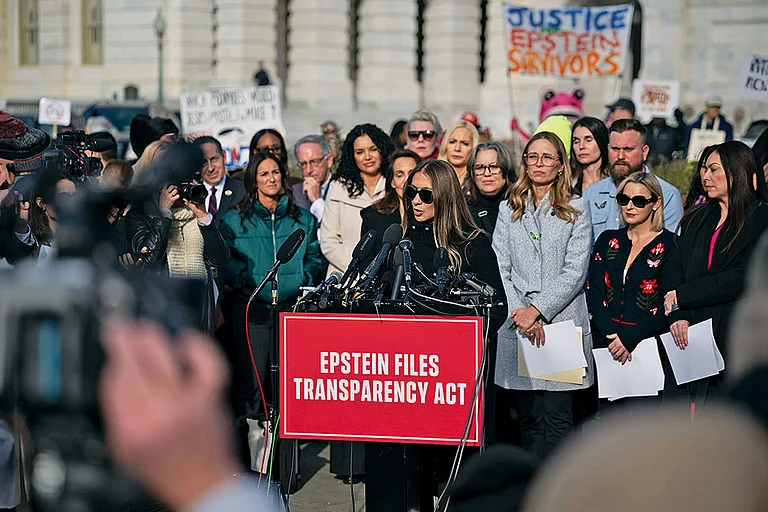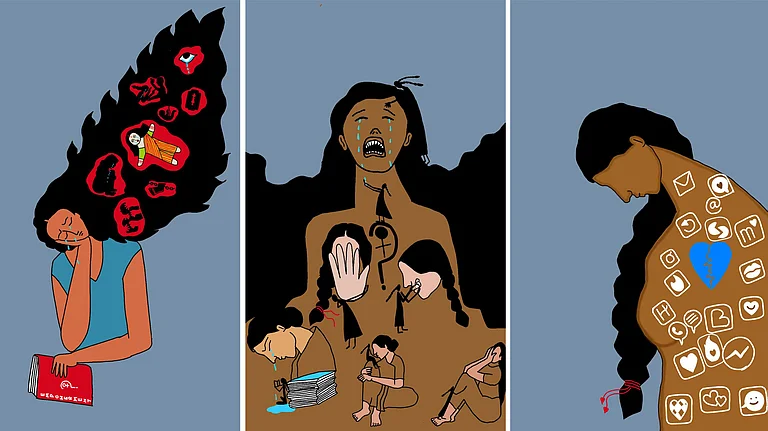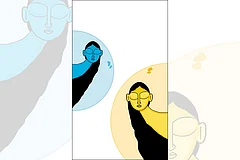Breaking Age-old Myths
In one of my classes while teaching the sociology of gender at a university in India, the phrase “beauty and brains” came up. I couldn’t help myself and admitted how I don’t understand this phrase. If beauty lies in the eyes of the beholder, then, by that logic, everyone is beautiful. I also believe that nobody is stupid.
Yet, what intrigued me was the fact that this phrase is almost never used for those who don’t identify as women, but mostly for cis women, insinuating that beautiful cis women are stupid, if not mentioned otherwise. Incidentally, in the same week, a friend shared with me how Marilyn Monroe was so beautiful and people almost always thought that she was dumb. The friend continued to say that she wasn’t really dumb against the popular opinion of the world, but on the contrary, a very intelligent woman who dated the great essayist and playwright Arthur Miller. Again, I couldn’t help it, but I asked myself why was a beautiful woman’s ability to think juxtaposed with the obligatory intelligence of a man, as if, the testimony to intelligent thinking in a woman is displayed through her choice of men, obviously in a heteronormative world.
Inverting the logic here for a moment, I question the idea of having brains, which could mean intellectual superiority, but is conditioned to pit itself as something that is the antithesis to the idea of being beautiful. Going by the assumption that those men, mostly cis men, who appear intelligent, have to negate that through their dishevelled and dysfunctional way of being. So much so that the idea of an intelligent man, who is not able to cope with the pressures of an ordinary world—which are meaningless anyway—becomes a natural way of existence, pushing its acceptance as a trope. Think of examples from history and how we see famous artists, musicians, writers and filmmakers who with their seemingly intelligent work, refuse to adhere to societal expectations of performing beauty the way it is conceived, and happen to be all men.
What does the idea of beauty mean then, if it does not lie in the eyes of the beholder? Beyond the philosophical interpretations of beauty, the conventional standard of measuring beauty by societal norms is just a myth. This beauty myth, as succinctly argued by author Naomi Wolf, is a powerful force that pressures women to conform to standardised norms of beauty, tied to societal expectations of them, that are, in turn, linked to their self-esteem and potential. Such internalisation of images and ideas of what appears to be conventionally beautiful, especially by those who are not born with gendered privileges, ends up empowering those who are, by freeing them of those pressures. I experienced this while accompanying and waiting with some of my interlocuters on cruising sites, who were hijra persons and also sex workers who faced fierce competition from women sex workers because they were considered to be more beautiful by the customers, who were men, as they could conform to the expectations of being feminine. Such ideas included removing facial hair and having augmented breasts.
The questions that emerge from this suspended dichotomy between pitting beauty and brains against each other are the same that assume that beautiful women are not intelligent and intelligent men do not need beauty. Such a question can only exist in a heteropatriarchal world, as it does, because it is an obligatory condition of existence in our society. And as such, it becomes an obligatory trope conditioning our acceptance of looking at beautiful women without their minds and intelligent men with their shambles.
In an alternative universe, I ask myself, how could the world order be transposed to present us with an alternative reality of understanding what it indeed means to be beautiful? Could we have the liberating potential to annihilate this question and look at human beings with all their misery and wisdom intact outside the gender binary? Could beauty not be dependent on body, sexuality, caste, class, religion, age, eugenics and the multiple conditionings that start defining the ideas and access to becoming beautiful? Maybe, that parallel universe is present just here within us if we start working on ourselves in questioning why we find what we find beautiful. As John Keats, in his much celebrated romantic poem, Endymion, wrote, “A thing of beauty is a joy for ever”. May we find joy in what we seek and the strength to call it out when that thing does pass into nothingness.
MORE FROM THIS ISSUE
Ina Goel is Assistant Professor, Thapar School of Liberal Arts and Sciences, Patiala, Punjab























